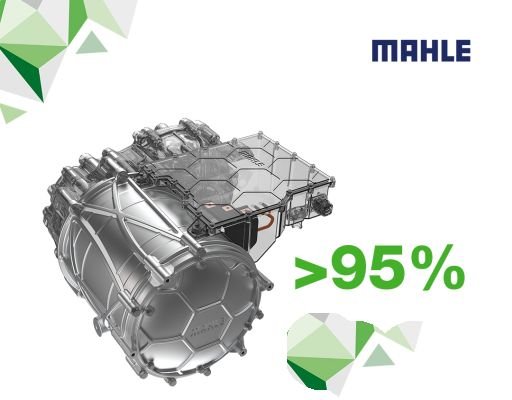German car parts company Mahle has announced that it is in the process of developing a magnet-free electric motor that does not require rare earth elements. The new motor is efficient and extremely durable.

This not only makes production more environmentally compatible, but also brings advantages in terms of costs and resource security.
The central feature of the new motor is the inductive and thus contactless power transmission—this allows the motor to operate wear-free and particularly efficiently at high speeds.

The efficiency is above 95% at almost all operating points—a level that previously has only been achieved by Formula E racing cars.
MAHLE has thus succeeded in combining the strengths of various electric motor concepts in one product. This new development is easily scalable, so it can be used in anything from subcompacts through commercial vehicles.

The new electric motor is also characterized by a high degree of durability, because the necessary transmission of electrical currents between the rotating and stationary parts inside the motor takes place without contact and is therefore wear-free.
This makes the engine maintenance-free and suitable for a wide range of applications.
As many of the big-name carmakers began switching from gasoline-powered vehicles to those that run on electric motors, the issue of rare earth metals has taken on added urgency—China produces approximately 90 percent of the rare earth metals used in electric motors, and China is the only country that currently has the processing capacity to handle them in mass quantities.
This is making them nervous as all the eggs are in the same basket so the hunt began for developing electric motors that do not require magnets, which in turn means they will not need rare earth metals.

MAHLE seems to have taken the cake for now. The new motor uses powered coils in its rotor, transferring power to the spinning rotors using induction, which means they never have to touch and that the motor has no surfaces that will wear out.
They expect mass production of the new motor to begin in approximately two and a half years.
Reference- MAHLE Online Newsroom & PR, Techxplore, Inside EVs, Futurism






